The digital transformation and the demands it places on companies in almost every industry are not stopping at the automotive industry. In the automotive industry, digitalization is having an impact on both consumer product requirements and production processes. In order to withstand current and future competition, companies in the automotive industry are dependent on IT solutions that optimize production processes and drive innovation. In production, for example, the integration of SAP systems and customized software solutions play a central role. PTA-IT Beratung is your competent partner for digitalization in the automotive industry.

Digitalization in the automotive industry - new requirements for companies
Why digitalization is unavoidable for automotive companies
The terms “Industry 4.0” and “digitalization” are omnipresent these days. With regard to the automotive industry, the digital transformation affects two key areas: the digitalization of vehicles, i.e. the products themselves, and the digitalization of production.
Drivers’ expectations of vehicle functions have changed significantly in recent years. Functions such as reversing cameras and parking sensors, which were considered intelligent a few years ago, are now often taken for granted, while customer requirements have evolved towards connectivity and autonomous driving in particular. Manufacturers who want to maintain or even expand their market share are forced to invest in these areas – either by buying in the relevant expertise or by creating resources to utilize the knowledge available in-house in these areas.
These changes are far-reaching and therefore harbor certain risks. However, there is also a great danger of losing touch with the ever-changing technologies and the associated customer requirements. One task that must not be neglected under any circumstances is the digitalization of processes in the areas of production, strategy, marketing and sales. The services of PTA IT-Beratung focus on digitalization on the production side of the automotive industry: With IT solutions such as enterprise resource planning, process management and customer relationship management, our experienced experts support you in the digital transformation of your internal processes.
Professional IT solutions for the automotive industry: digitalization in the automotive industry with PTA
Modern software solutions for companies in the automotive industry offer numerous possibilities for automating processes and optimizing the use of resources. Intelligent IT systems enable a highly digitized and networked production environment – the so-called smart factory. In this environment, modern information and communication technologies are used to make production more efficient, flexible and autonomous.
The PTA IT consulting team offers these services for the digitalization of the automotive industry, for example:
- Enterprise resource planning systemsERP systems manage production resources and integrate various business processes. For example, we implement SAP S/4HANA to improve production and logistics processes (e.g. Extended Warehouse Management).
- Business IntelligenceWith the help of innovative BI tools, you can make data-based decisions. These systems enable the collection, analysis and presentation of relevant business data, thereby increasing efficiency and creating competitive advantages.
- CRM systemsCustomer relationship management tools help with the strategic planning and improvement of customer relationships. With these solutions, you can manage and analyze data and customer interactions efficiently and precisely throughout the entire customer lifecycle.
Would you like to find out more about our range of services for digitalization in the automotive industry? We will be happy to advise you.
Research our IT projects in the automotive sector
Automotive as a special form of mechanical engineering is also considered separately in our project experience. In addition to vehicle manufacturers, we also serve automotive suppliers as well as manufacturers and suppliers of commercial vehicles as customers in the automotive sector. Our focus is on supporting production processes and quality management, whereby we use standard products for reporting (e.g. SAP BI) and for supporting specific processes, e.g. using SAP ERP Automotive, in addition to individual developments.
Important questions about digitalization in the automotive industry
What does digitalization mean in the automotive industry?
Digitalization in the automotive industry refers to the use of modern IT and communication technologies to optimize production processes, vehicle development and the entire value chain. This includes both the digitalization of the vehicles themselves – for example through functions such as autonomous driving, networked systems and digital cockpits – and the digitalization of production processes. This side of the digitalization of the automotive industry includes, for example, the use of ERP systems, business intelligence and the creation of smart factories.
What challenges does digitalization pose for the automotive industry?
Digitalization poses several challenges for the automotive industry: Companies need to invest in new technologies such as artificial intelligence, IoT (Internet of Things) and Big Data in order to remain competitive. In addition, existing production processes and workflows must be converted and employees must be trained accordingly. Data protection is also a critical issue. Finally, the transformation requires considerable financial investment, while at the same time uncertainty about the future of the automotive industry is growing due to technological developments and new competitors.
What opportunities does digitalization offer the automotive industry?
Digitalization opens up a wide range of opportunities for the automotive industry. Automated processes enable companies to work more efficiently, reduce costs and minimize errors. Smart factories enable flexible production that responds more quickly to customer requirements. In addition, data-based decision-making can open up new market opportunities. Connected and autonomous vehicles also create completely new business areas and sources of income.
Digitalization in the automotive industry – realize your full potential with PTA IT consulting
Digitalization is a decisive factor for future success in the automotive industry. With competent IT consulting, you can work more efficiently and at the same time increase your innovative strength and competitiveness. As a reliable partner, PTA IT Consulting supports companies in mastering the challenges of digitalization. With our tailor-made solutions and our many years of expertise, you can take advantage of the opportunities presented by the digitalization of the automotive industry and secure your competitive advantage.
Contact
PTA GmbH Head Office
Weberstraße 2-4
D-68165 Mannheim
Service
Industries
© Copyright 2024 PTA GmbH | All rights reserved | Imprint | Privacy | Legal notice | Values & Code of Conduct

